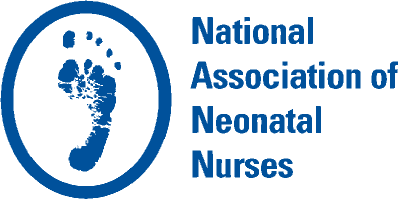Health Policy and Advocacy
The State of APRN Practice
Elizabeth Welch-Carre, EdD MSN APRN NNP-BC
Advocacy and change are words we likely will hear frequently over the next year. With the change in administration and continued urging to repeal or change the Affordable Care Act, it will be important for APRNs to remain cognizant of potential modifications to healthcare coverage and access to care for patients and families.
Today, there are 21 states with full practice authority, 16 with reduced practice authority, and 12 with restricted practice. The primary difference between reduced versus restricted practice is that the former requires a collaborative agreement with a physician and the latter supervision by a physician. South Dakota became the most recent state to move to full practice authority when the governor signed Senate Bill (HB) 61 on February 23. In North Carolina, HB 88 and Senate Bill (SB) 73 were introduced in February. These two bills would allow North Carolina to move from being a restricted practice state to a full practice authority state. Both bills currently are sitting in committee. Pennsylvania introduced a similar bill, HB 100, in March. Of note, this bill also states that healthcare institutions may not limit the scope of practice of APRNs. In January, Arkansas HB 1254 was introduced. This bill would have moved APRNs from the State Board of Nursing to the Arkansas Medical Board but was withdrawn in March by its author.
There are still several states that have not adopted the LACE model (Licensure, Accreditation, Certification, and Education). California does not state specifically that one needs a graduate degree to practice as a nurse. Michigan requires that one have an RN license and certification, but additional requirements for education are delegated to the certifying body. In New York, a practitioner must be an RN and can have either a graduate degree or a certification. APRN certifications do align with the LACE model and require that one have a graduate degree.
Again, advocacy will be important. At the federal level, the big push is for APRNs and RNs to become familiar with their legislators. As the healthcare environment changes, it will be imperative that APRNs voice their recommendations. NANN has contributed to these efforts by sending letters of support for the Nurse Education Act of 2017, which provides funding for nursing education. Furthermore, in response to the potential repeal of mandatory coverage for pregnancy, maternity, and newborn care, a call to action was posted on the NANN site. To help NANN members remain informed on healthcare policy, check out “From the Hill to the NICU” on the NANN advocacy page.

